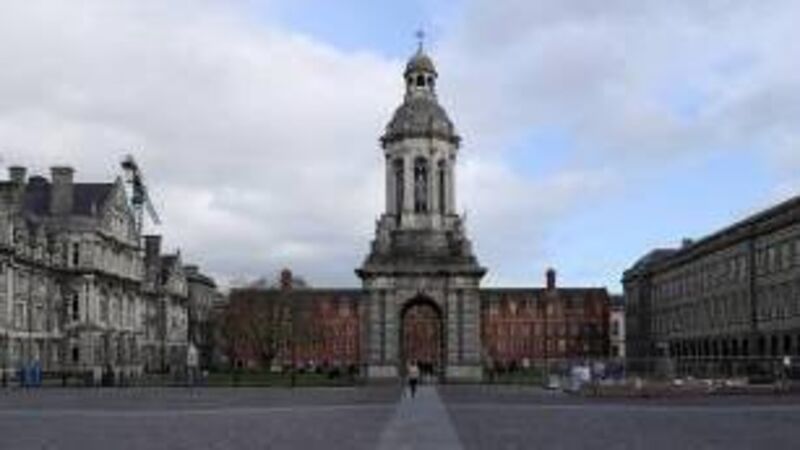Trinity College study to investigate university's links to British Empire and slavery

The university produced many graduates who criticised the British Empire. File picture.
Trinity College Dublin has launched a new study examining the university's links to the British Empire and the colonial slave trade.
Ireland's oldest university said the investigation will "examine, interrogate and reflect on its complex colonial legacies" as part of an extensive project.










